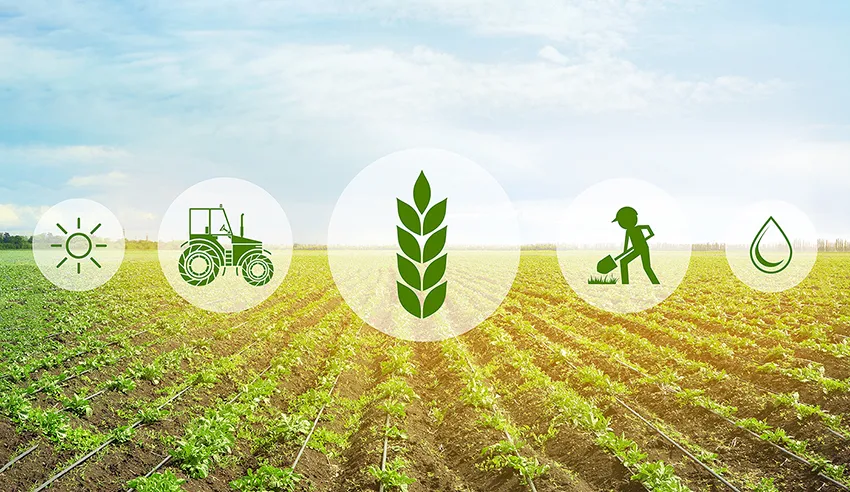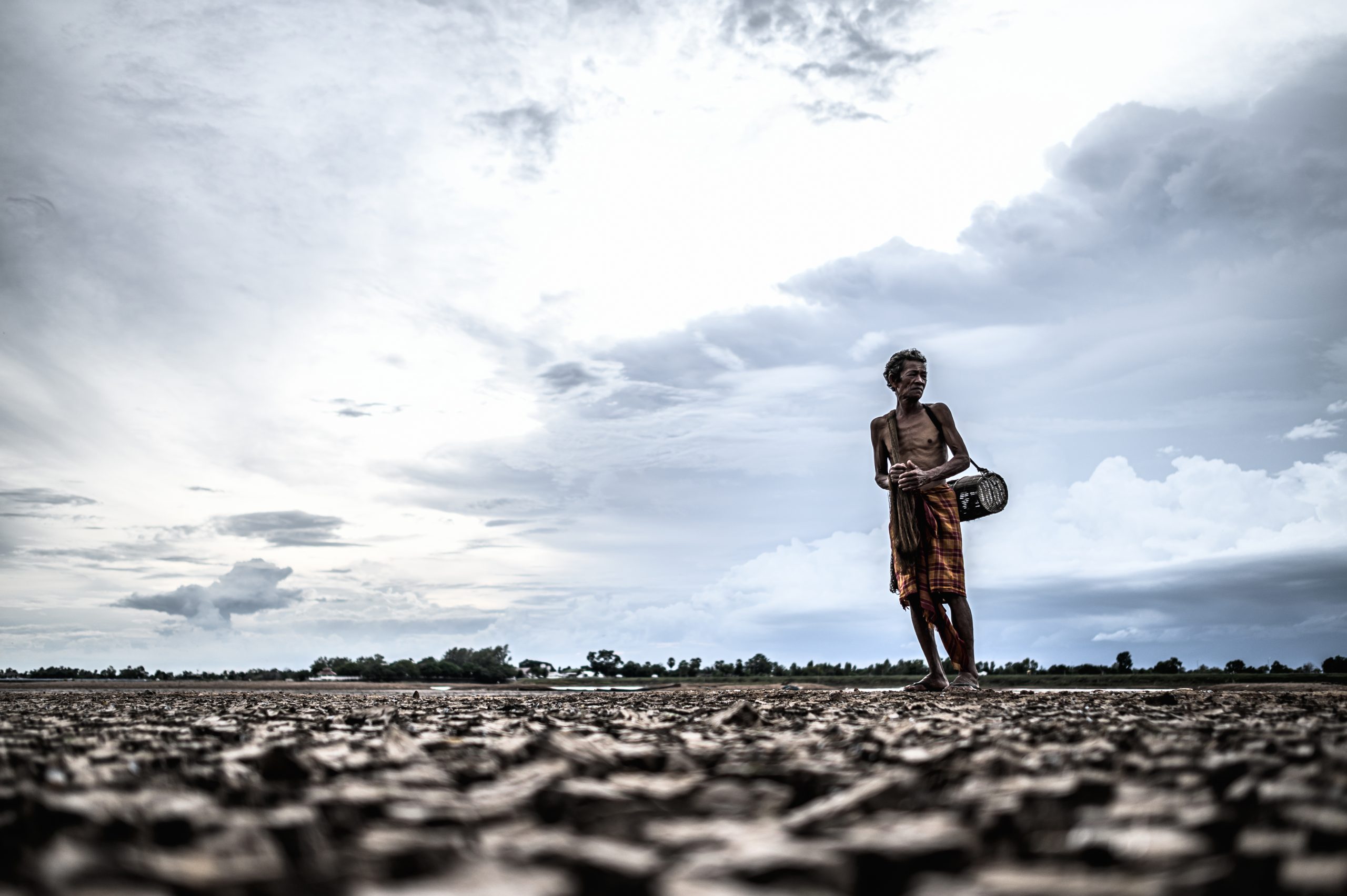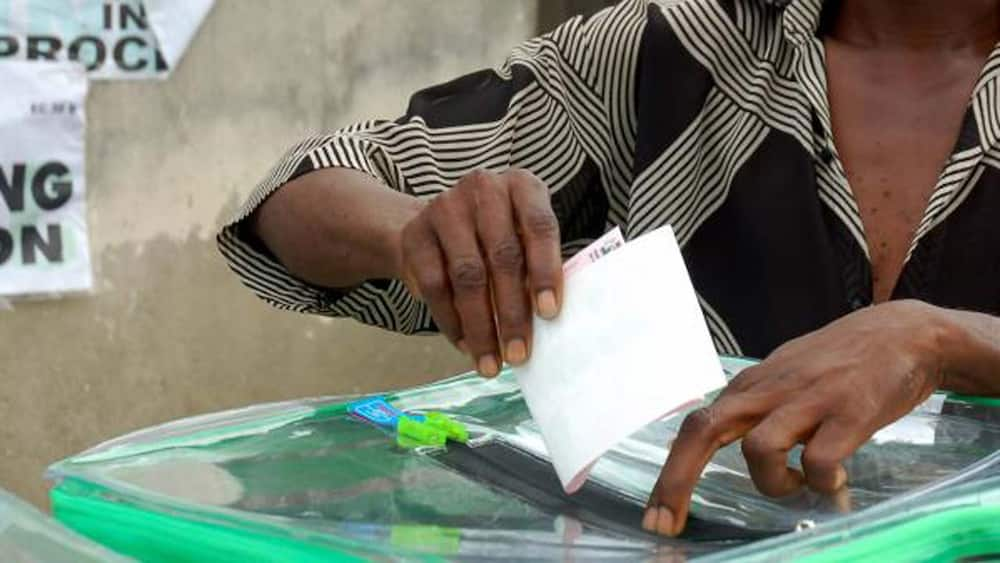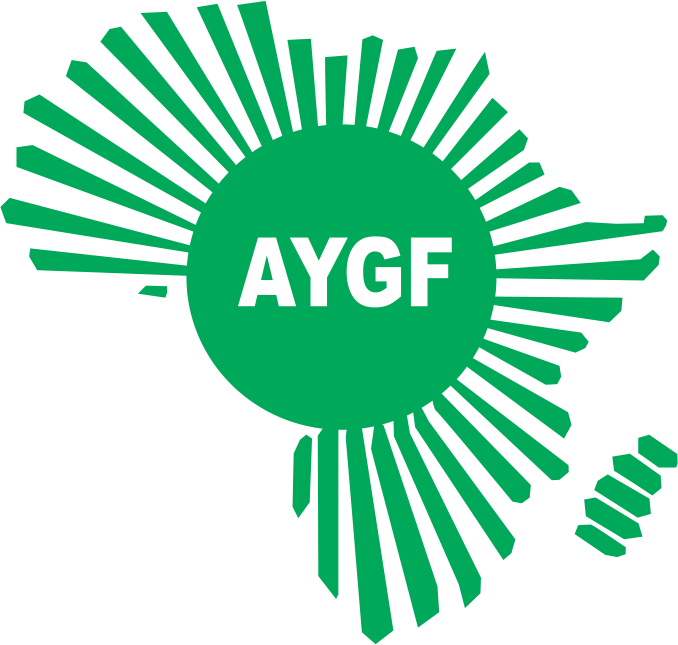Our Thematic Areas

Education
At AYGF, we are poised to contributing our quota to the development of individuals, communities, and societies. We believe that growth and positive change cannot be feasible without development to drive it. It is against this backdrop that we have crafted stellar projects to drive this agenda of the organization.
Public Health
AYGF is implementing a World Bank project on Nutrition tagged the Accelerating Nutrition in Nigeria-ANRiN. The objective of the project is to increase access and utilization of integrated, community-based Basic Package of Nutrition Service (BPNS) in half of Kogi and Niger State according to established and agreed targets (for quality and coverage) to reduce the level of malnutrition in States..


Migration
AYGF has been at the forefront in the fight against human trafficking and rehabilitation of its victims in Nigeria and around West Africa Sub-region for over 16 years.
Between 2019 and 2020, AYGF with funding from International Organization for Migration (IOM) conducted Training of border operatives on respecting the rights of migrants as well to sensitizations on dangers of human trafficking.
Livelihood
AYGF is implementing a World Bank project on Nutrition tagged the Accelerating Nutrition in Nigeria-ANRiN. The objective of the project is to increase access and utilization of integrated, community-based Basic Package of Nutrition Service (BPNS) in half of Kogi and Niger State according to established and agreed targets (for quality and coverage) to reduce the level of malnutrition in States..


Environment and Climate change
The Environment and climate change unit of AYGF seeks to address harmful practices and issues of environmental degradation and climate change impact through advocacy and campaigns.
Preventing and countering violent extremism
Ideological, radical, religious and socio-cultural narratives have been contorted to push the agenda of extremist activities and movements across Nigeria and Africa at large. Structural issues such as lack of inclusion, poor education, unemployment and poverty, lack of infrastructure and sustainable means of livelihood contribute to the driving factors behind violent extremism.


